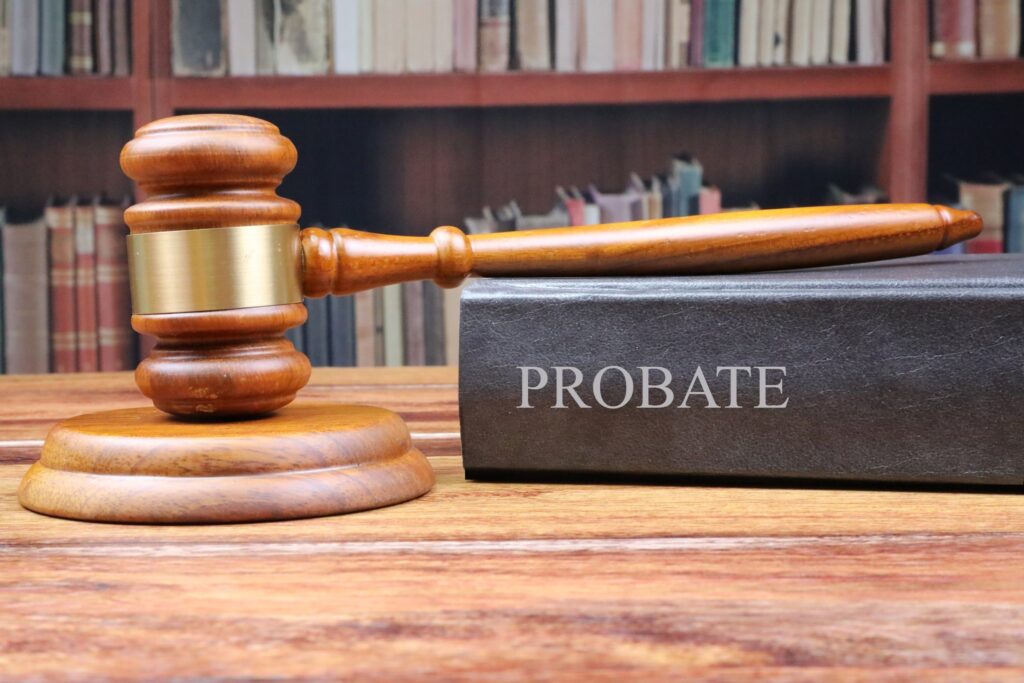Understanding the Probate Process in Texas: A Step-by-Step Guide
The probate process in Texas can be intricate, but understanding its steps is crucial for heirs and creditors alike. This guide outlines the essential phases of probate, from filing the will to distributing assets, ensuring that individuals are well-prepared for what lies ahead.
In Texas, the probate process typically begins with the filing of the deceased's will in the appropriate county court. Following this, a notice must be given to all interested parties, and the court will appoint an executor, if one is not named in the will. Each step has specific requirements and timelines, and being aware of these can help streamline the process and avoid potential pitfalls.
Common Misconceptions About Probate in Texas
Many individuals hold misconceptions about the probate process, which can lead to confusion and frustration. It is essential to clarify these myths to ensure that clients have a realistic understanding of what to expect during probate.
One common misconception is that all estates must go through a lengthy probate process, but in Texas, small estates may qualify for simplified probate procedures. Additionally, some believe that having a will automatically avoids probate, which is not true; a will must still be probated to be valid. Addressing these misconceptions can empower individuals to make informed decisions regarding estate management.
The Role of an Executor in Texas Probate
The executor plays a vital role in the probate process, acting as the representative of the deceased's estate. Understanding the responsibilities and powers of an executor is crucial for anyone involved in estate planning or probate.
In Texas, the executor is responsible for gathering the deceased's assets, paying debts and taxes, and distributing the remaining assets to the heirs. This role requires a thorough understanding of legal obligations and financial management, as well as the ability to navigate potential disputes among heirs. Proper guidance can help executors fulfill their duties effectively and minimize conflicts.
Probate Alternatives in Texas: Exploring Your Options
While probate is a common method for settling estates, several alternatives may be available, depending on the circumstances. Understanding these alternatives can provide individuals with options that may be more suitable for their needs.
In Texas, alternatives to probate include the use of living trusts, joint ownership of assets, and transfer-on-death deeds. These methods can simplify the transfer of assets and potentially avoid the complexities associated with probate. Exploring these options with a knowledgeable attorney can help individuals choose the best path for their estate planning needs.










